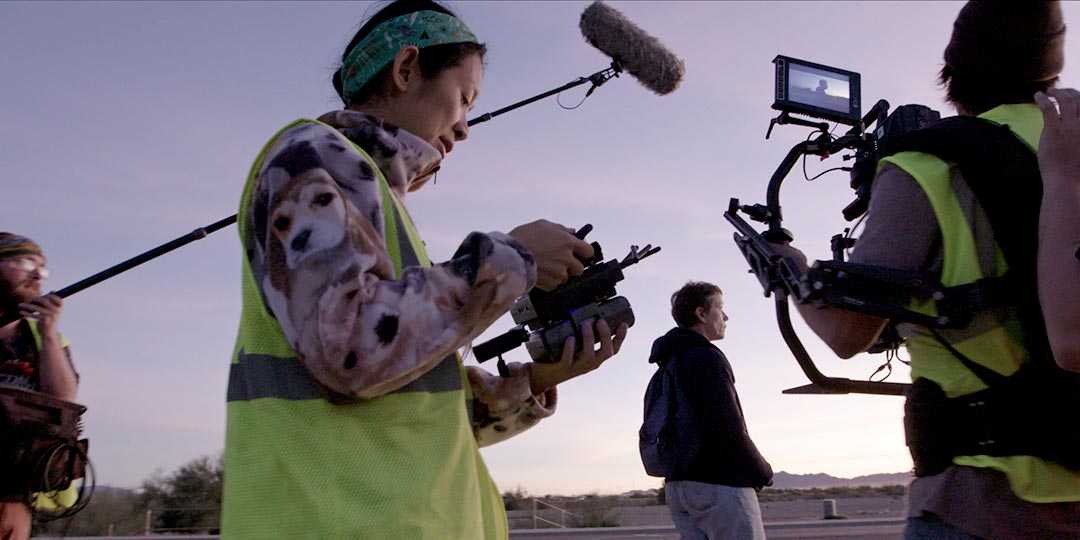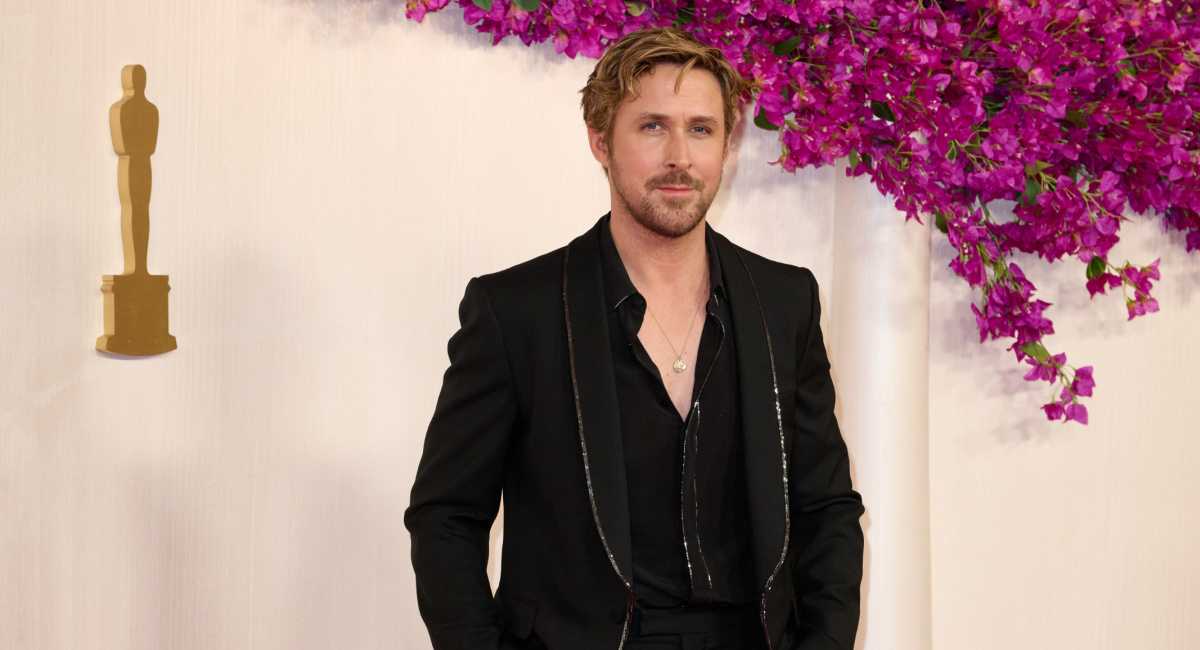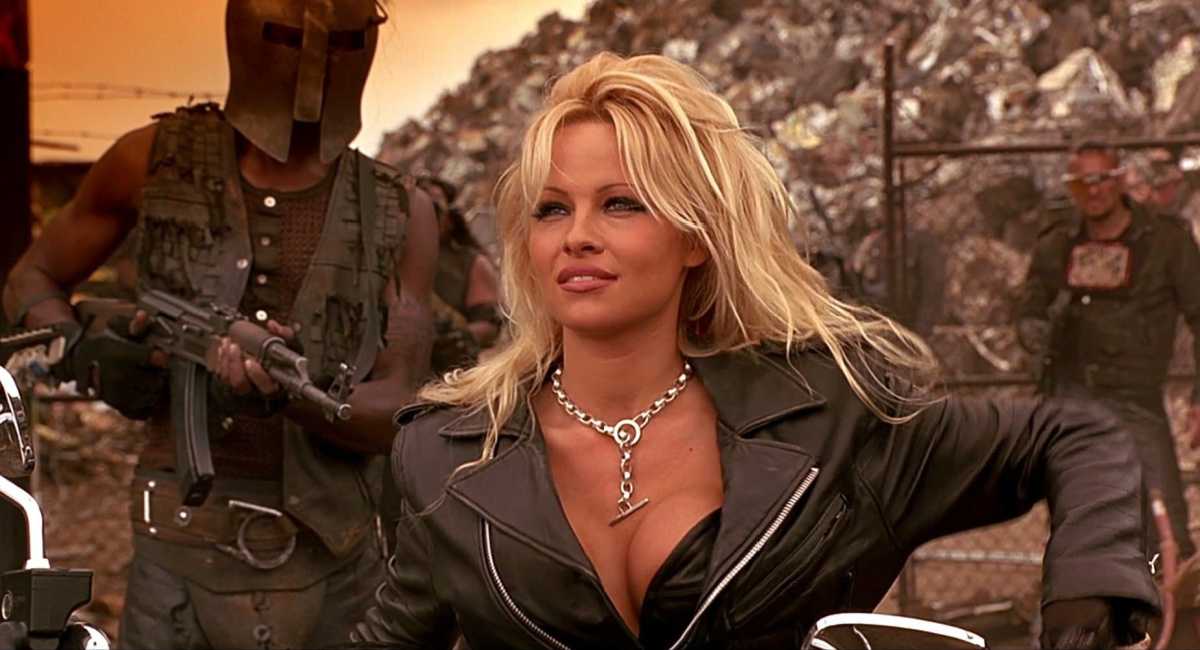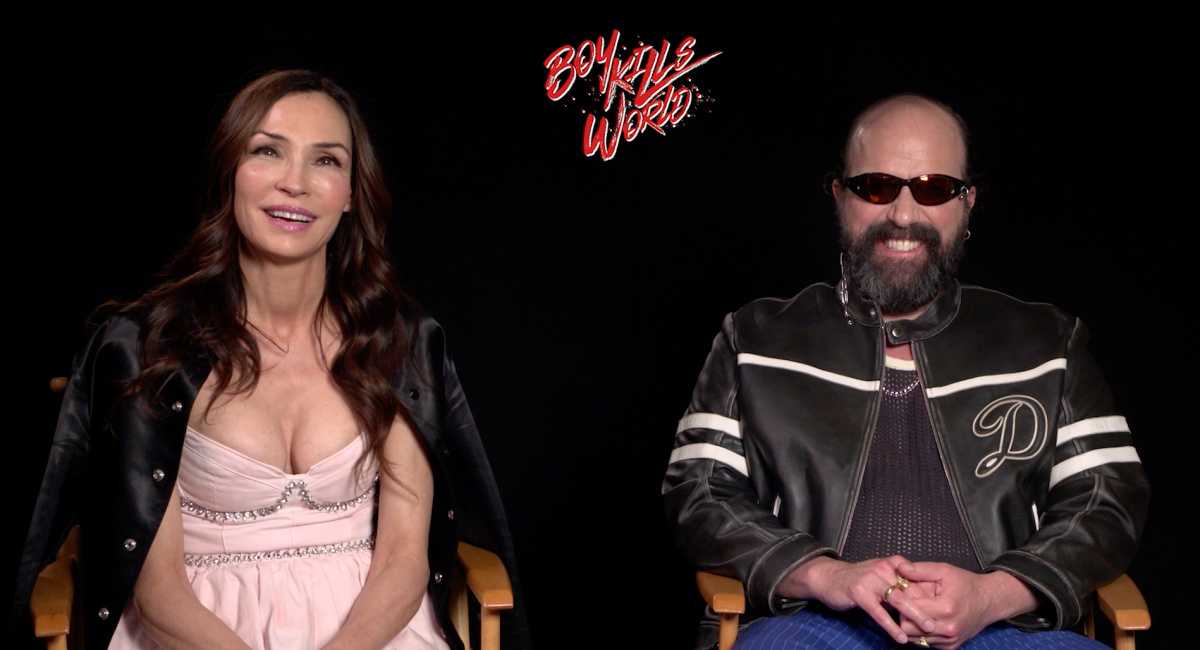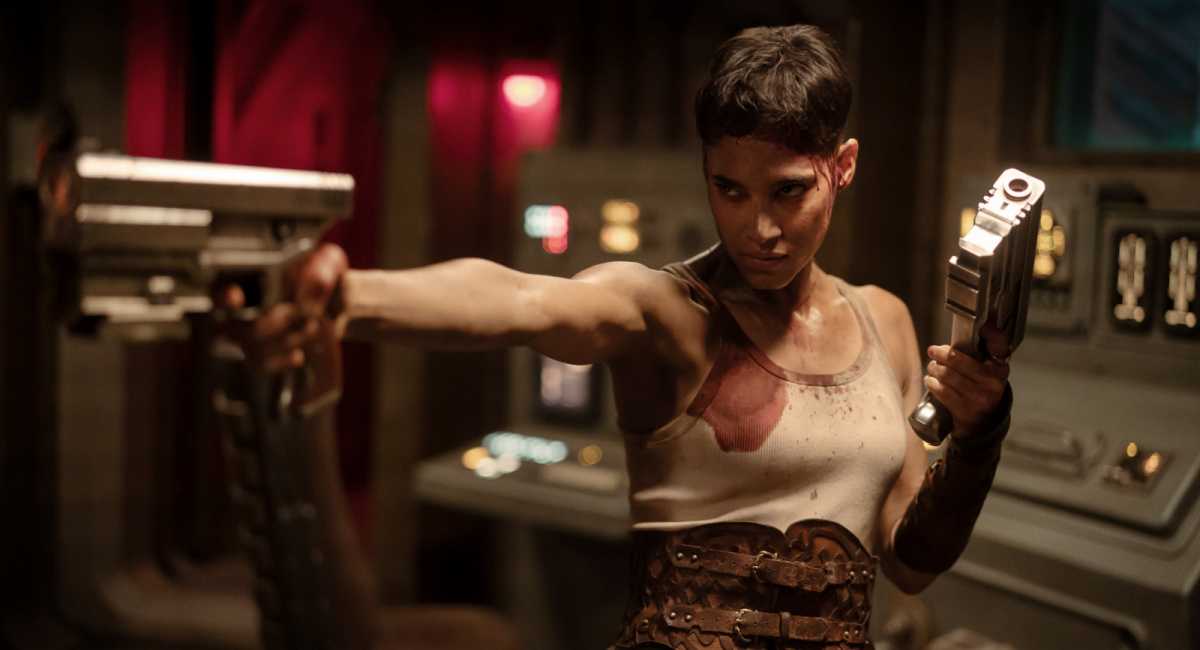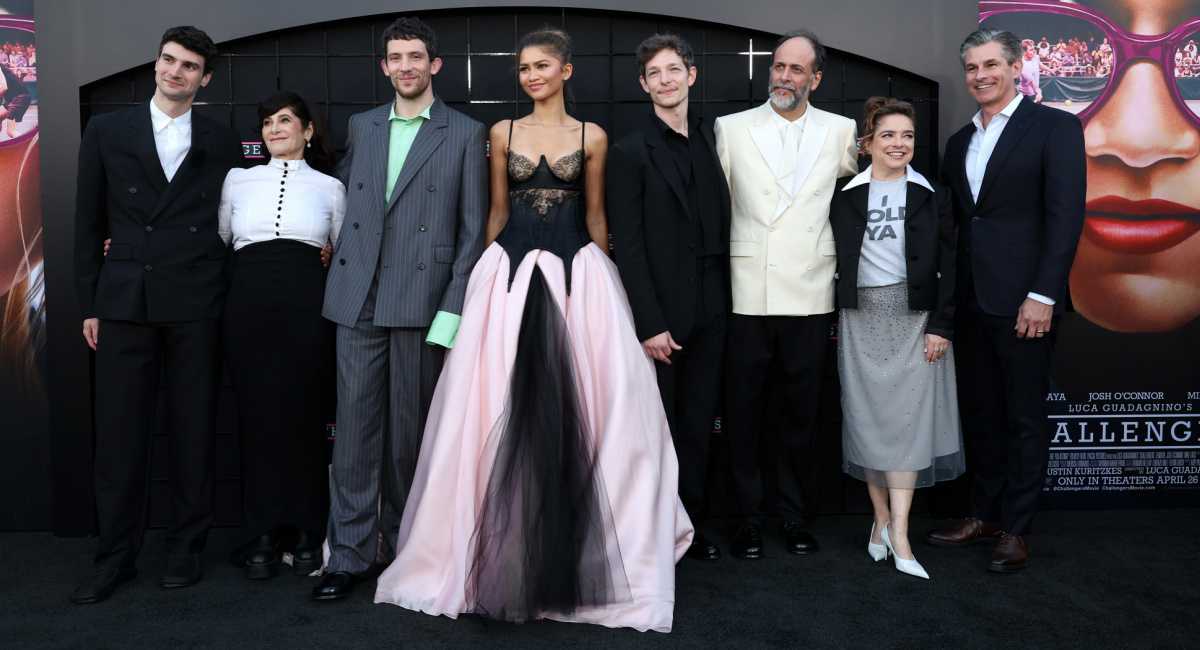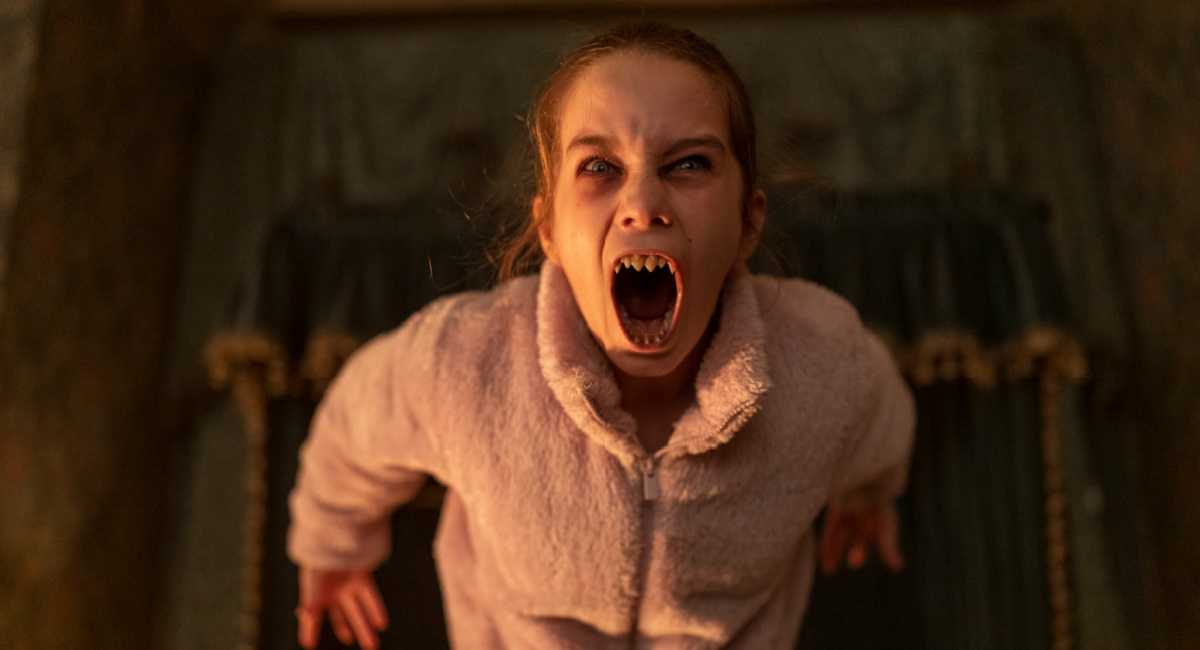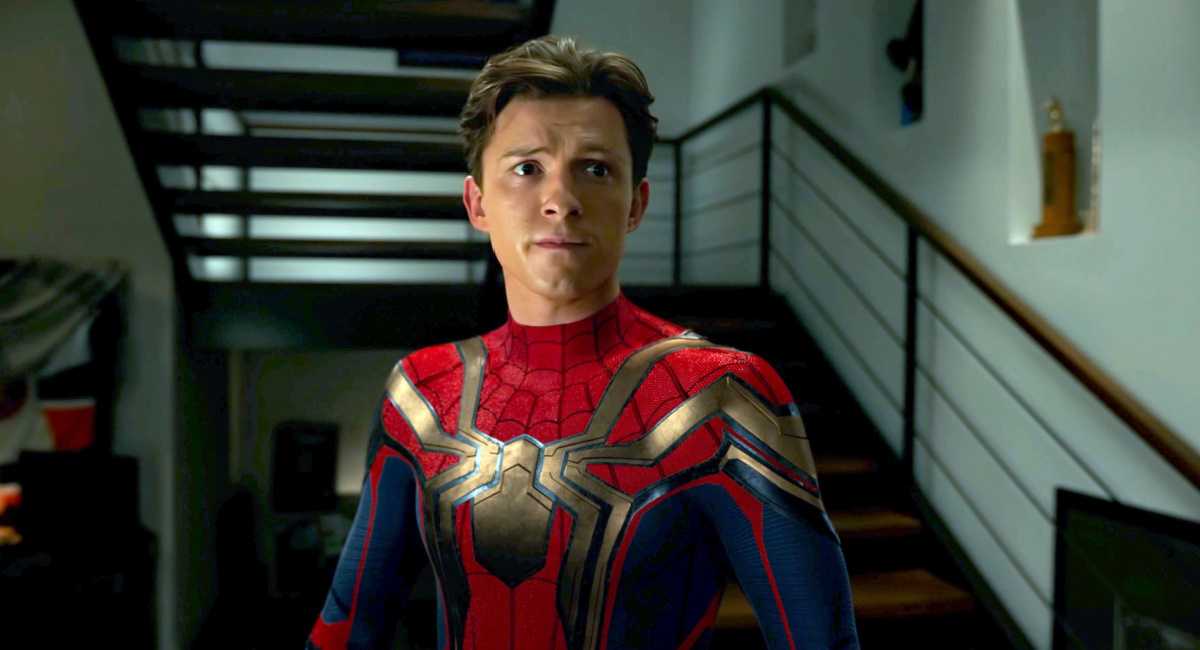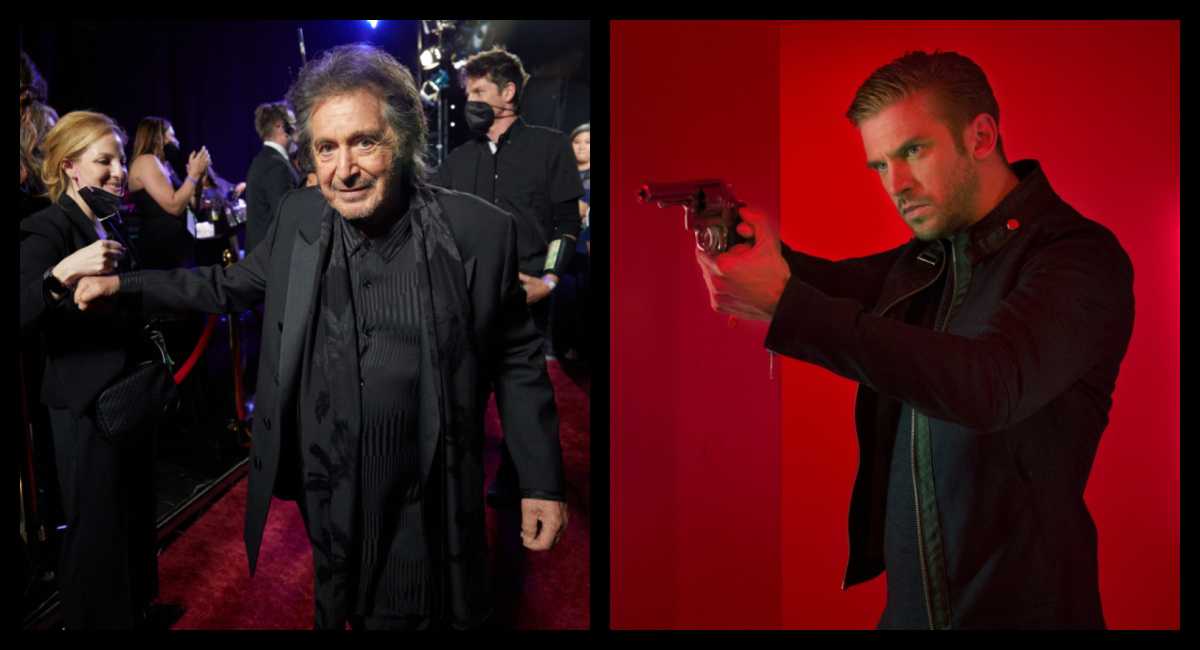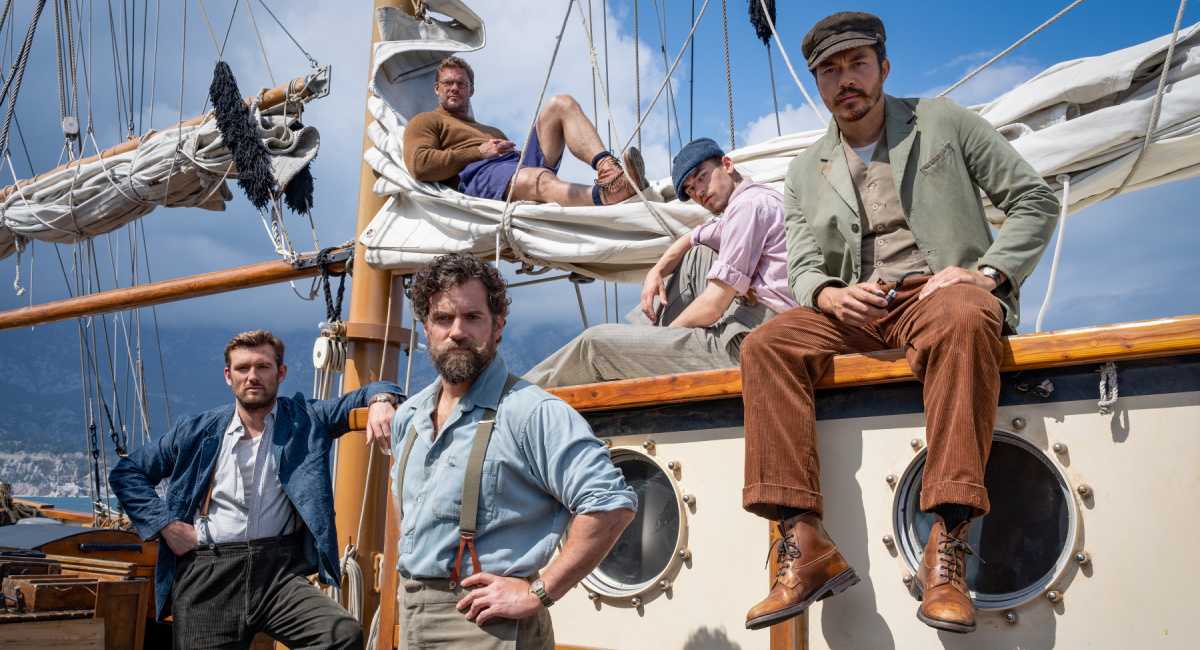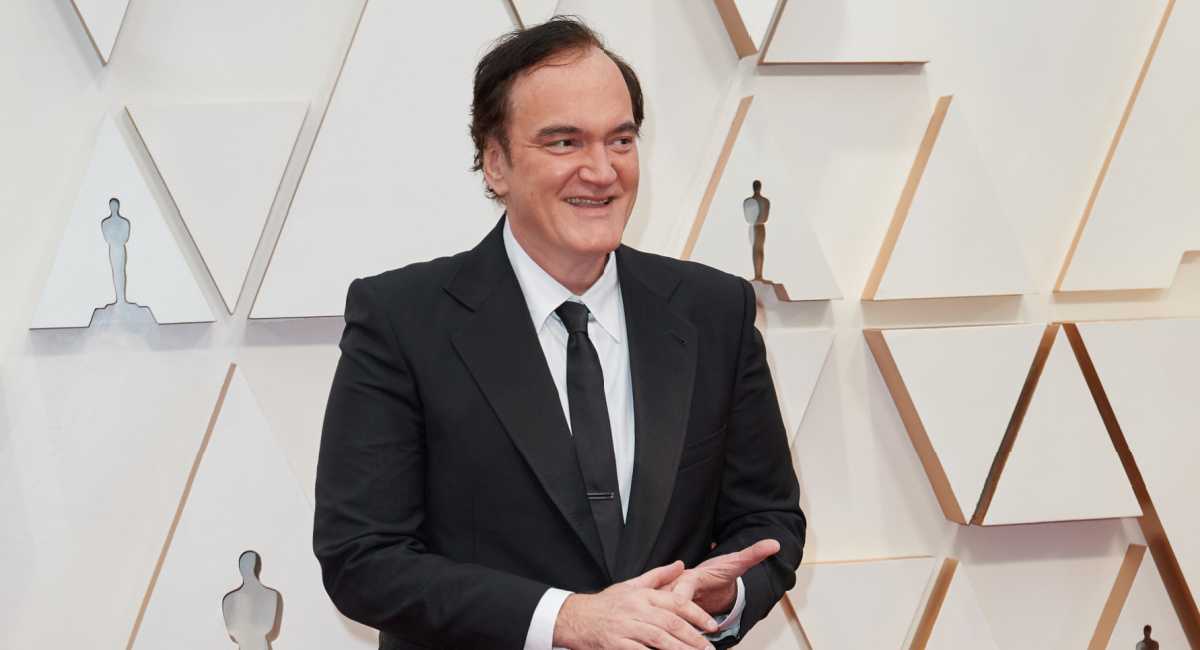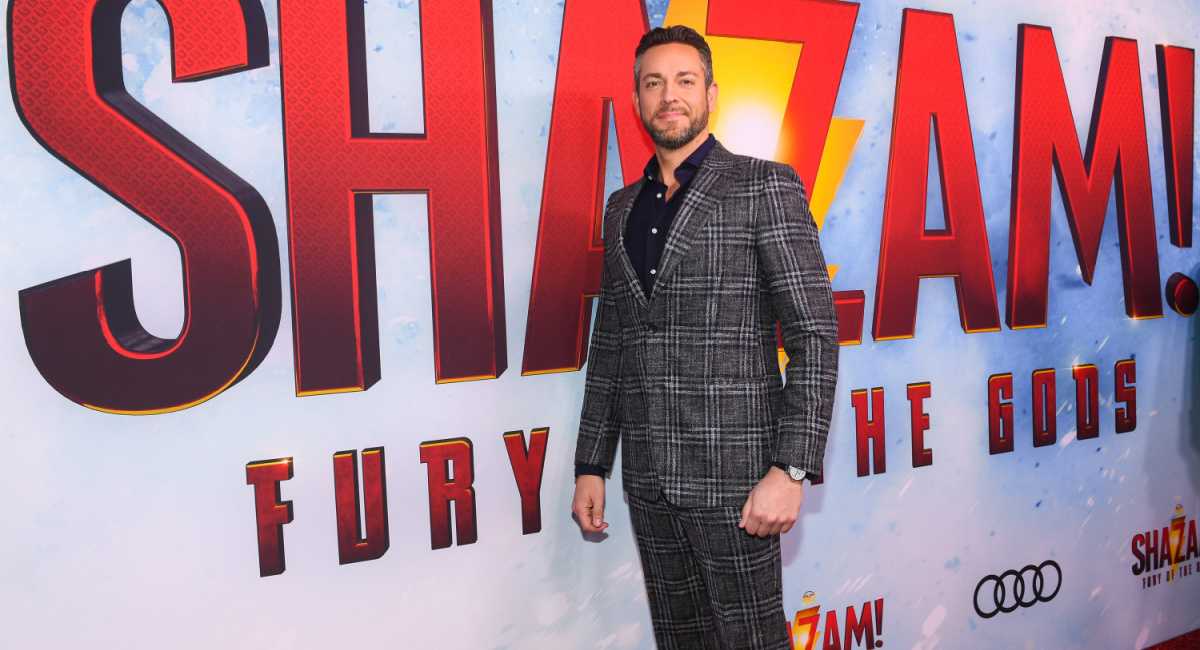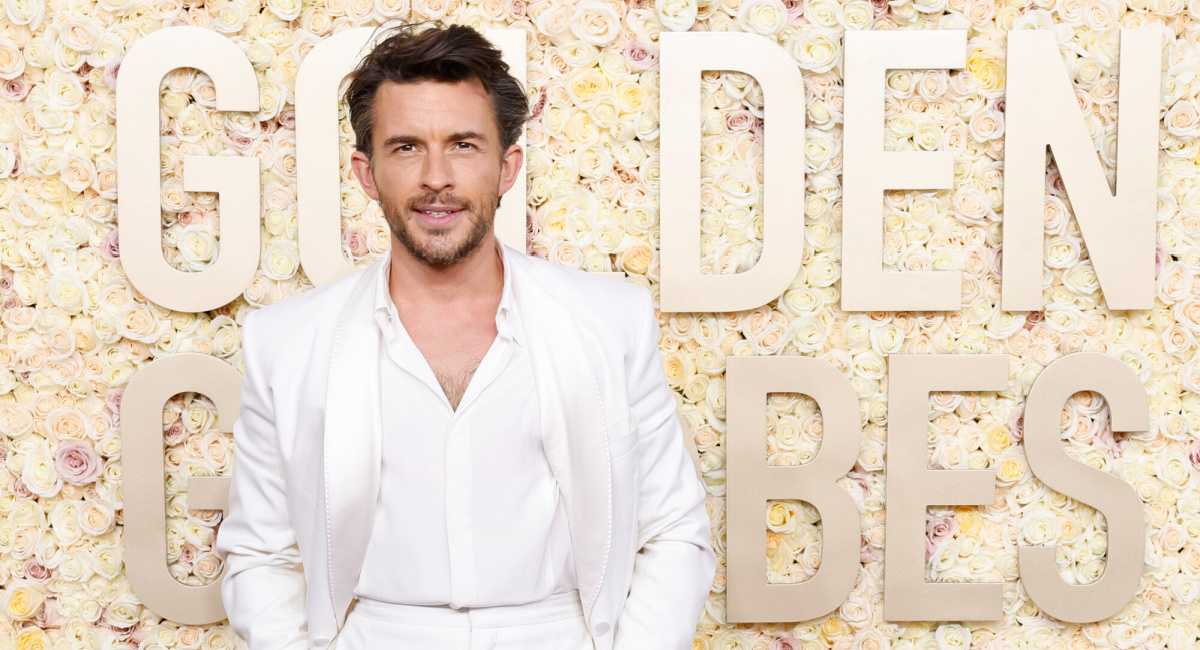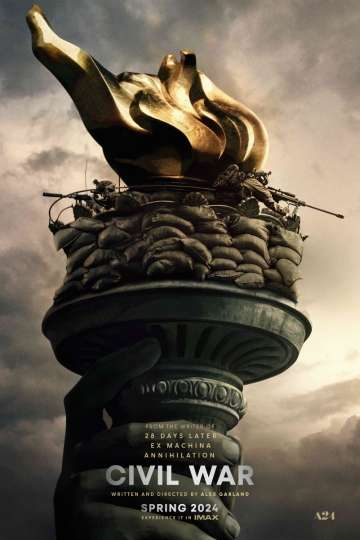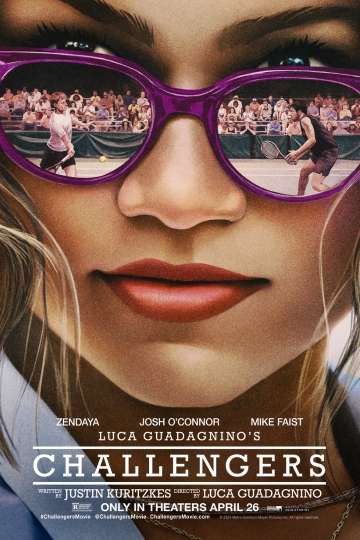Lili Taylor on 'American Crime' Season 2 and How TV Has Changed for Actors
If the glimpses of American Crime" only whetted your appetite for one of Hollywood's most accomplished actresses, you are most certainly going to received a banquet as Season Two continues.
With the acting ensemble taking on new roles for a raw and disturbing new story, Taylor takes center stage as Anne Blaine, a working-class mother who is horrified by her scholarship-worthy son's claim of being sexually assaulted by the elite athletes of an exclusive private school, and finds herself wholly unprepared to fight a battle fraught as much with economic and social disparity as with ugly unseamliness. In an exclusive conversation with Moviefone, the actress reveals the appeals of the increasingly intense and genre-challenging series.
Moviefone: I'm imagining this gig must be a real actor's treat -- to be able to go to work with people that you've worked with and that you know are of the highest caliber -- and change it up and inhabit different characters each time around.
Lili Taylor: Yeah. You know, I come from theatre and I know Felicity [Huffman] does and a few of us do, and I think that's what we do in theatre companies and that's what actors were doing for hundreds of years -- we were in a little troop and we'd play different parts and hang out together and get to know each other. So I think it really suits actors and I think it suits content, because it gets everything. It's just deeper, because you know each other, and so the layers start to. It's almost like a painting where you keep putting on the oil or the layers. It just makes it a lot richer.
I understand that the producers really wanted to take the returning actors and give them roles that were really in an opposite context to what they played in the previous season. For you, this is a person who's kind of at sea, navigating a very huge scary problem in a big scary system. Tell me about making the shift from one character to the other and finding the new things you were going to get to do this season.
I didn't have as much of a challenge, I think, as Felicity, Regina [King] and Tim [Hutton], because my part wasn't as big last year. I felt like that character's really helping facilitate the story. We really didn't get that into her life and stuff, because it just didn't serve things, and so I kind of had a little bit more freedom than that. Whereas I know Felicity was maybe under a little bit more pressure to really make sure that there needed to be differences. And Tim, I know, felt that. I think they all felt that pressure. I kind of didn't, because it was a lot easier for me.
With this character, Anne, it looks to me like you're going to be flexing your muscles pretty seriously every time out. Tell me about when they presented you with who she was and what her journey was going to be. It's a pretty dark tale out of the gate. Tell me about getting your brain around where you were going to go in this performance.
John [Ridley] is one of the best people I've ever worked with and for a lot of reasons. And one of them is that you know he is brilliant, but it's also that he's a collaborator. It's very important to him. And so I feel that he respects what I do, he wants to work together. So, it's like -– not a safe space, but it's like being enveloped by something. So that's what I have going in, and so I want to go as far as I can.
I said to John, "I think it's an open exchange, and we can keep talking. And it also means that if something doesn't quite feel right in the writing..." In fact, he can tell from reading it together. He's like, "Oh, wait a minute. Wait a minute, I didn't give you something there. I need to help you out right now. I need to give you something." It's a fantastic working relationship.
At a time when network shows seem to be getting very complacent and soft in trying to appeal to every sensibility without going too far, this one takes some real risks with its content and dark elements. Was that part of the excitement for you to come aboard and dig in, that this was going to push some real boundaries? And to see the audience respond the way they responded to the first season?
Yeah, I mean I knew coming on with John, he assured me that we would have artistic freedom, which I know it's hard with advertisers to have that. It's understandable. It's whatever. It is what it is. But I hadn't been that interested in network television, because I don't like when a monetary -– not monetary -- I don't know what the hell it is called when an advertiser says, "You can't do that." I don't know what that is exactly, but I don't like that.
And ABC completely gave us free reign, so I have to say the risk they are taking is huge, and I think it's so great they're getting acknowledged for it, because then it will, I hope, encourage them that they can do more. Maybe encourage other networks. We'll have just better food for everybody, because clearly the buffet out there is not so good for us, our souls, you know?
What were the qualities of this woman -- this mom with her back against the wall in defense of her son -- that you immediately keyed into and you related to? And what were the sides of her that you had to kind of give some thought and figure out how you were going to come at it?
Well, I'm from the Midwest so there was something familiar. I'm from Chicago and she's Indiana, so there was something familiar about that Midwestern thing, the going to any length to help your child, I got that. I could really connect to her that way. I think being a single parent, that was an area where I couldn't imagine how that must have been. Working class, how hard that is. Being up certain systems, not having access, that kind of stuff, I had to use some imagination there.
You are certainly never resting on your laurels, and you've had a pretty rock solid career for quite a while now. Have you had a chance to sort of reflect on your accomplishments and really see the diversity of roles you've been able to effectively play? Do you think about that much, or do you just keep moving forward?
Well, I keep moving forward, but it ebbs and flows. That's the thing about having a career, which I which more agents were helping actors do when they're young. It's not happening as much, because they're trying to go after those heat-seeking missiles, instead of just building a long term career -– which is great, but it's like life, it ebbs and it flows. I've experienced both and I feel like now that it's sort of a flow, I might be able to reflect a little bit more on stuff.
My big thing is that I love to work, and I haven't always gotten to work as much as I've wanted to or as deeply as I wanted to, but whatever, it is what it is. But this is making up for anything that I might have not been doing. I just love working, and I love collaborating, so I'm totally satiated on this job.
You are one of the actors who kind of led the charge of people who are seen primarily as film actors finding really juicy roles on television, first with "Six Feet Under" and now here you are again. Is TV a much more interesting place to work than maybe it was when you first started out in the business?
I remember I was doing a play with Calista Flockhart, and she went off to do "Ally McBeal," and the whole cast said, "Of course, go off and do it," but we were making fun of her the whole time, in good fun. Because TV was like -– it was a joke. In fact, it was sort of like, you'd get TV, and it would hurt your career. Like, "Don't do TV." And then I remember, Michael Imperioli was a friend of mine and was in "Sopranos," and I was like, "You're doing a TV show?" Like, "Oh no." And little did we know! And then of course I just followed right after him with "Six Feet Under." So it was HBO. That's really when it changed. And now we can see. I mean, you get movies now if you do TV. It's crazy. [Laughs]
With this ensemble, everybody's so great. Who are you excited that you didn't get a chance to strike some sparks with in Season One? Who were you really stoked to have some juicy scenes with this season?
Tim and Regina, truly because I didn't get to see Tim once this year and I only got one scene in with him last year, and then Regina I didn't have any scenes with last year, and we had just had one teeny little one this year, and I love them both and they give it their all, just like Felicity does. And working with someone who's given it their all and listening and giving back is what it's about. That's where I think an actor hopefully feels like they're at home, when they're with another actor who's giving back.
TV audiences are always fascinated with crime, and I feel like we're moving from that tried-and-true procedural -– going back to "Dragnet" and all the way to "CSI" –- to the more emotional and psychologically driven, whether they're true stories or scripted dramas like this. Are you as intrigued by crime stories as the audience out there seems to be or is it a new sort of space for you?
No, I love it. I'm not into the procedurals. I'm more into documentaries, like "The Staircase" or "Murder on a Sunday Morning" or I just started "Making a Murderer." I mean, I loved Alfred Hitchcock, his short stories. I love crime. There's something in mysteries that I think we all love. And look at how well "Serial" did. "Serial" sort of changed podcasts, right? There's something in it. We could probably have a whole semester in classes on why it really works for human beings. You can even see it with kids, starting with "Scooby Doo." It just goes right in there to like basic things. And I just love that it can go deep. The good news is it can go deep, not just in sort of a formula.
Your movie career is still going strong. Tell me about what's right around the corner. You've got another big horror movie, right?
Yeah, "Leatherface!" I'm loving these genres that sort of break through. The directors told me that it was kind of a Terrence Malick meets "[The] Virgin Suicides." I was like, "Oh, I'm there. I'm on. Say no more."
James Wan. I mean, he's a perfect example of someone who could take a genre and completely deepen it and push it and so on, and I think there's something really interesting about that. So, I had a blast. I love scary movies, just like I like crime and stuff, I also love scary movies and I think they're good for the culture. They're healthy. In fact, they've done studies where people come out much healthier after a scary movie. It's as if they'd worked out or something.
So they're good for us, actually. Some people, not everybody. Some people don't like them and I respect that. I told some people, "Don't see 'The Conjuring' if you're not one of those people."


